What Are Salvage Cars?
Introduction
In the automotive world, the term "salvage car" frequently circulates among buyers, dealers, and enthusiasts alike. A salvage car refers to a vehicle that has sustained significant damage, leading to its classification as such by insurance companies or state authorities. Understanding salvage titles is critical for anyone considering purchasing one, as it affects everything from the vehicle's value to its insurability. This article delves comprehensively into the realm of salvage cars, offering valuable insights into their definitions, causes for salvage titles, advantages and disadvantages, evaluation procedures, legal considerations, purchasing processes, and answers to frequently asked questions.
As we navigate this often complicated topic, our goal is to equip potential buyers with the knowledge necessary for making informed decisions, ensuring a beneficial experience in the salvage vehicle market.
For further information and insights on international vehicle shipping, especially if you've purchased a vehicle, feel free to calculate your shipping costs with West Coast Shipping.
Definition of Salvage Cars
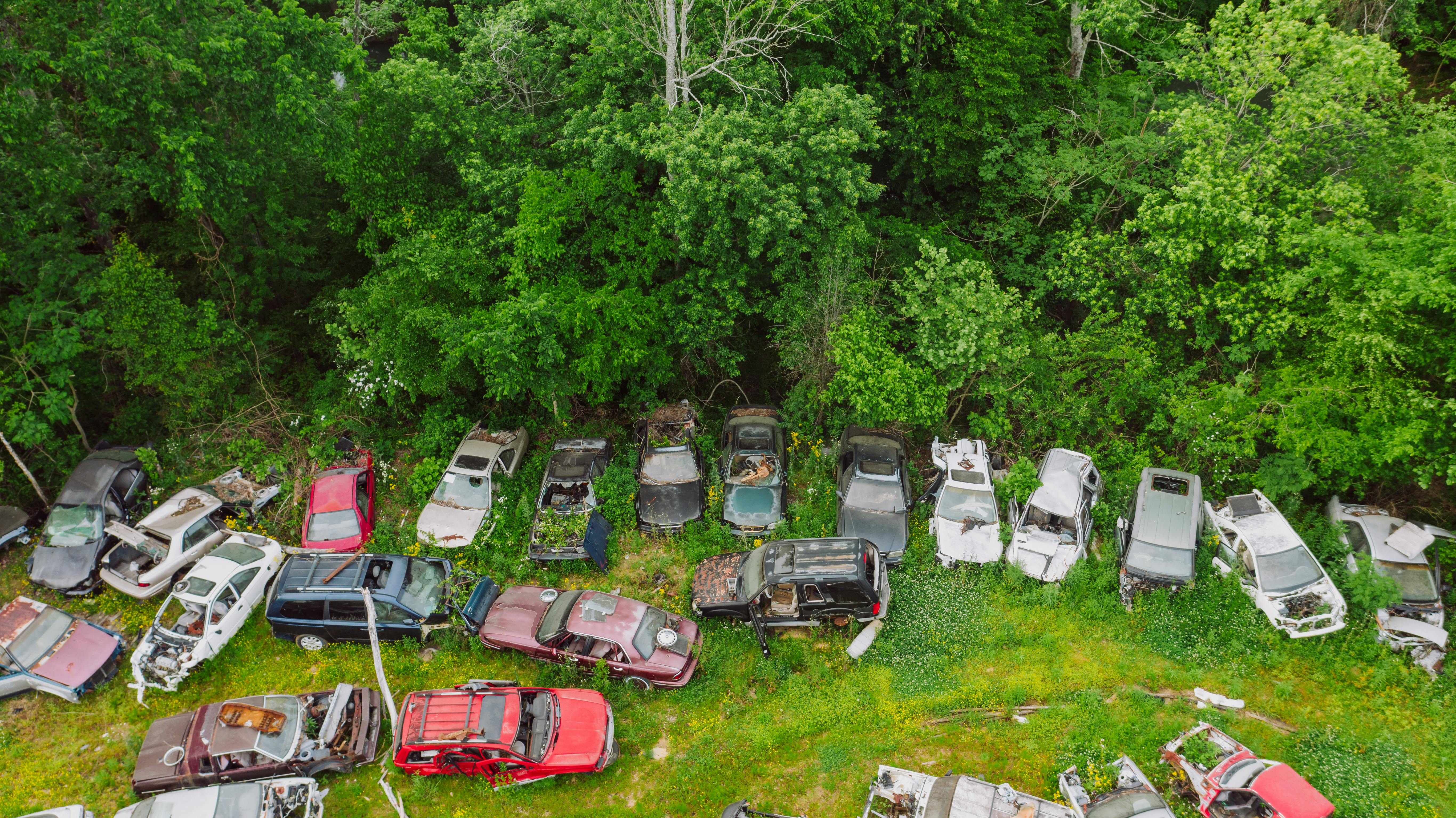
Salvage cars are vehicles that have been deemed a total loss by an insurance company following an accident, theft, or other significant damage events. A salvage title indicates that a vehicle has been extensively damaged, and such classifications can be prompted by various factors. When an insurance provider determines that the repair costs exceed a certain percentage of the vehicle's value-typically around 75%-the car is given a salvage title.
It's important to differentiate between salvage cars, rebuilt cars, and junk cars. A rebuilt car has undergone necessary repairs and has passed inspection, restoring it to a drivable condition and allowing it to carry a rebuilt title. In contrast, a junk car is a vehicle that is no longer functional or safe for the road, typically sold for parts and not intended for reuse as a vehicle. Understanding these distinctions is crucial for prospective buyers looking to navigate the complexities of salvage titles.
Reasons for Salvage Titles
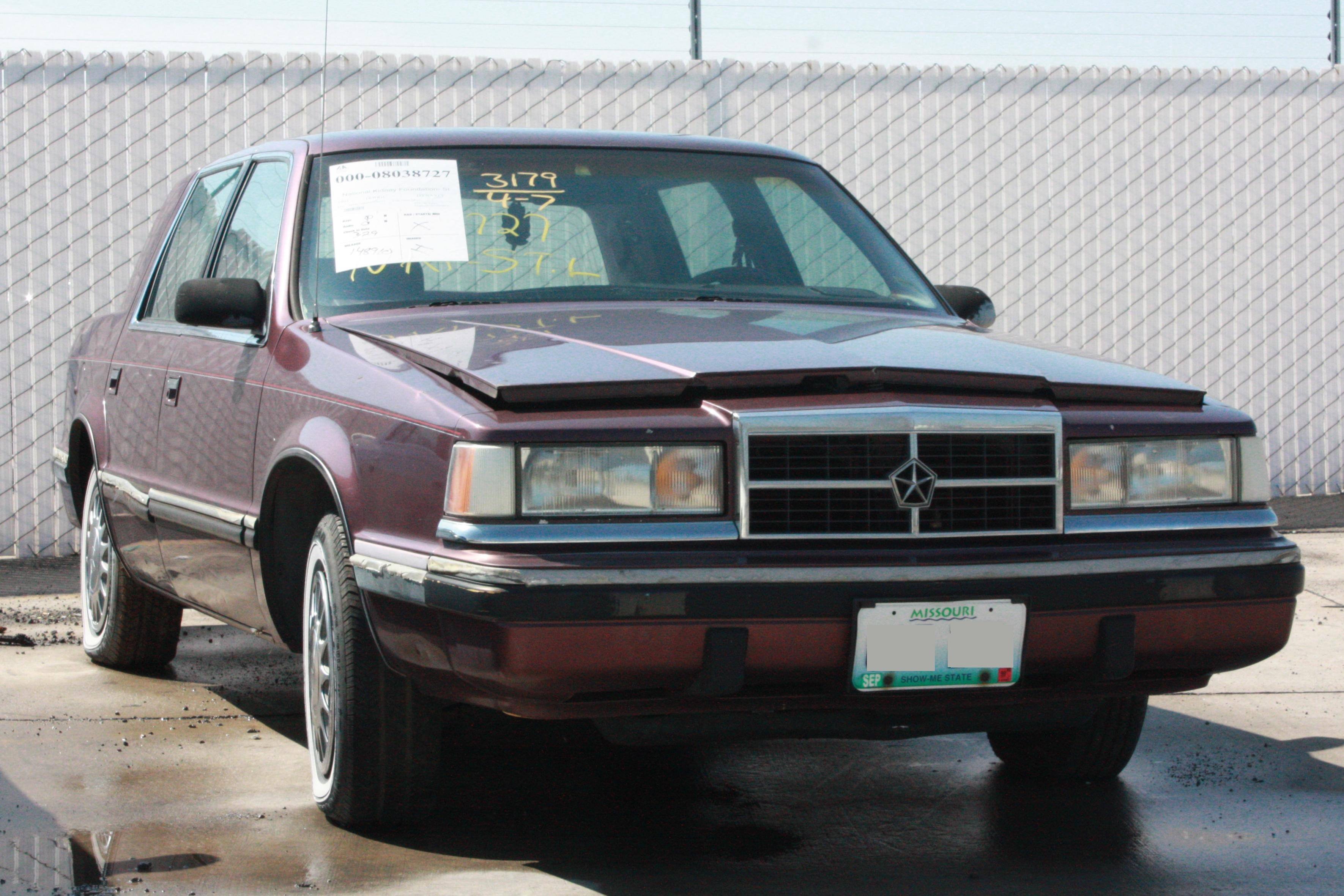
Salvage titles can be conferred for various reasons, including:
1. Accident Damage
One of the most common reasons for a salvage title is accident damage. If a vehicle is involved in a severe collision that renders it financially impractical to repair-exceeding the insurance company's threshold for repair-it can be labeled as salvage. According to research, approximately 30% of vehicles are totaled due to accidents annually, contributing significantly to the salvage vehicle market (Insurance Information Institute).
2. Theft Recovery
Another factor is theft recovery. If a stolen vehicle is recovered but has suffered damages during the period of theft-possibly due to vandalism or neglect-insurance companies may declare the car a total loss and designate it with a salvage title. This situation often perplexes buyers who see a vehicle for sale and may view it as a potential bargain (National Insurance Crime Bureau).
3. Flood Damage
Flood damage can also lead to a salvage title. Vehicles that have been submerged in water risk electrical and mechanical issues that can make significant repairs necessary. The prevalence of flood damage has risen in recent years due to increasing climate-related events, leading to a sizable influx of salvage vehicles in the market. With the rise in severe weather events, the likelihood of encountering flooded vehicles increases, thus affecting buyers' choices (National Oceanic and Atmospheric Administration).
4. Natural Disasters
Similar to flood damage, vehicles affected by natural disasters such as hurricanes or tornadoes may also receive salvage titles. This classification underscores the necessity for buyers to perform diligent research regarding a car's history, particularly concerning potential disaster-related damages. Potential buyers can access online databases to check if a vehicle has been reported as damaged or salvaged due to natural catastrophes (FEMA).
Understanding the reasons behind salvage titles can empower buyers to make informed decisions and reduce the risks associated with purchasing salvage vehicles.
Pros and Cons of Buying Salvage Cars
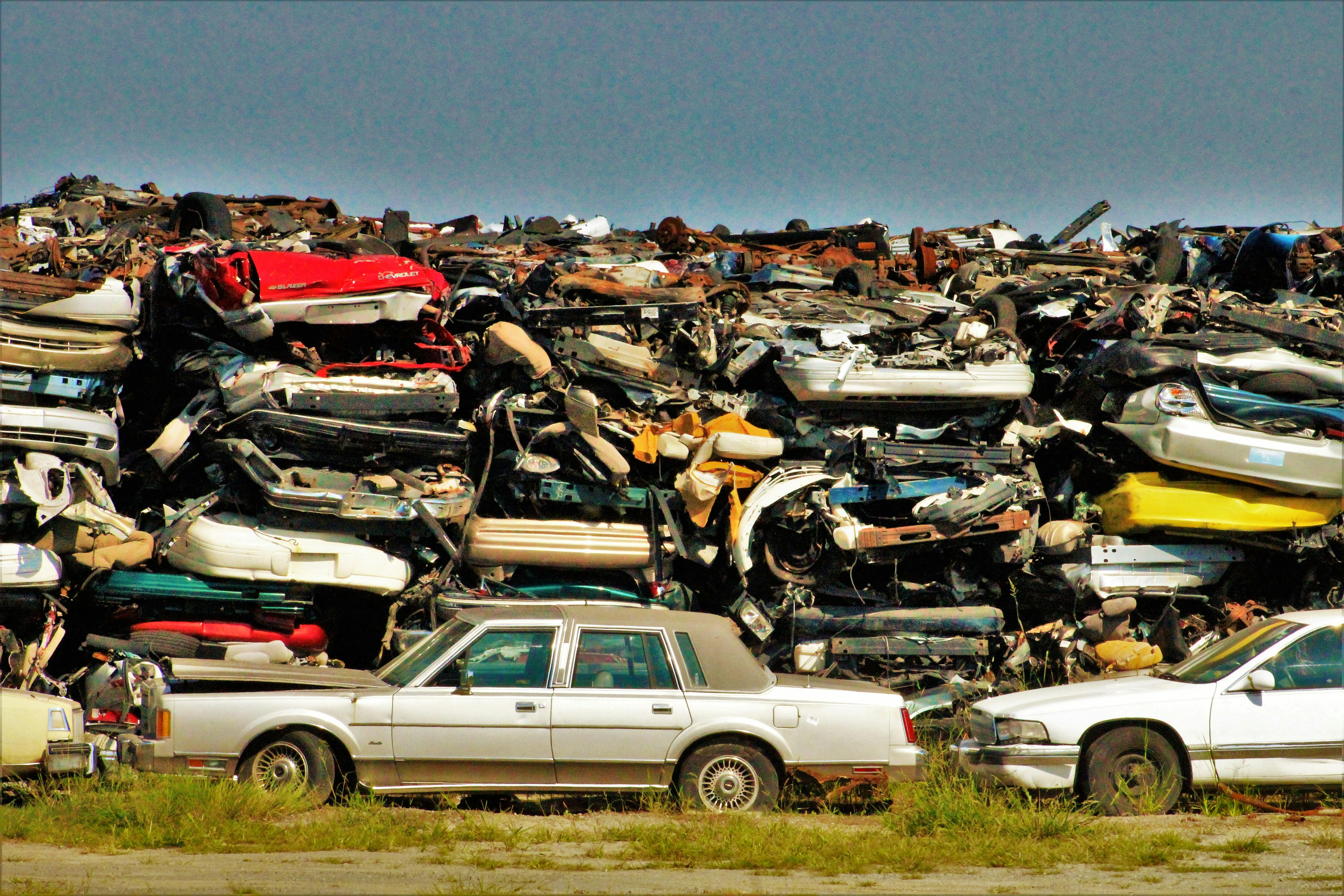
Pros
- Cost Savings
Salvage cars generally offer considerable cost savings compared to their traditionally titled counterparts. Buyers can often purchase these vehicles for a fraction of the price they would pay for a similar car without a salvage title. For budget-conscious consumers, this aspect can prove inviting.
- Potential for Resale Value Increase After Repairs
If a vehicle is restored to a drivable condition and meets all safety standards, it may appreciate in value. For savvy buyers with mechanical skills or access to professionals, the potential for a profitable investment exists.
- Environmental Benefits of Restoring a Salvage Vehicle
Restoring a salvage vehicle reduces waste and promotes recycling by reducing the need for new materials in vehicle manufacturing. This eco-friendly aspect appeals to environmentally conscious consumers.
Cons
- Uncertainty About the Extent of Damage and Quality of Repairs
The most significant drawback when considering salvage cars is the uncertainty surrounding the extent of damage and quality of repairs. Buyers must proceed with caution, as some repairs may not meet safety standards, putting them and their passengers at risk.
- Difficulty in Securing Insurance and Financing
Insurance companies may impose restrictions when insuring salvage vehicles, and securing financing for a purchase can prove challenging. Many lenders are hesitant to finance vehicles with salvage titles, making the purchasing process more complex.
- Lower Resale Value and Potential Legal Hassles
Even after repairs, salvage vehicles typically retain a lower resale value due to their titles. In some cases, buyers may face legal complications if the necessary inspections and documentation aren't appropriately handled.
In summary, while purchasing salvage cars can yield significant cost benefits and foster eco-friendliness, it also incurs various risks that must be thoughtfully considered.
Evaluating Salvage Cars
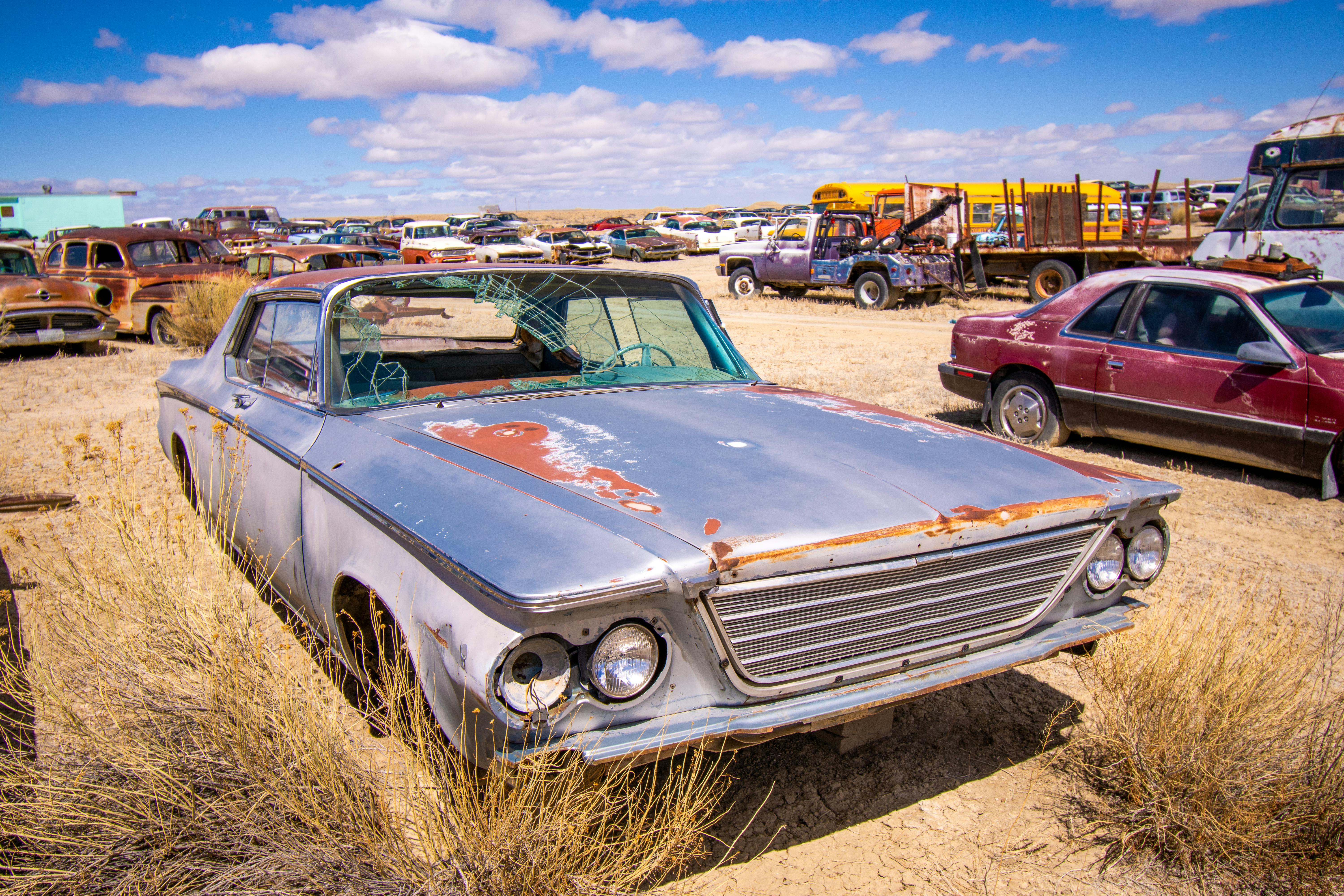
When considering a salvage vehicle, conducting thorough evaluations is imperative. Key factors to assess include:
- Vehicle History Reports
Obtaining a vehicle history report can provide insight into previous accidents, title status, and any reported damages. Services such as Carfax or AutoCheck can offer comprehensive reports, ensuring purchasers are well-informed.
- Physical Damage Assessment
A detailed inspection of the vehicle's exterior and interior is essential. Look for any signs of repair that may not have been completed satisfactorily. Paint mismatches, rust, and structural damage are warning signs that should not be overlooked.
- Mechanical Condition
It's advisable to have a skilled mechanic perform an evaluation of the vehicle's mechanical components to identify any hidden issues. Mechanical failures can be expensive, and knowing the vehicle's condition before purchase can save buyers considerable money in the long run.
To further safeguard their investment, potential buyers might choose to enlist professional services that specialize in vehicle appraisals, ensuring a thorough understanding of the car's condition before proceeding with a purchase (National Automobile Dealers Association).
Legal Considerations
Understanding the legal landscape surrounding salvage titles is crucial for prospective buyers.
- State Laws Regarding Salvage Titles
State laws vary regarding the classification and sale of salvage vehicles. It's essential for buyers to familiarize themselves with local regulations, including the process for acquiring a salvage title and any associated documentation requirements. Each state has different policies regarding inspections and the issuance of rebuilt titles.
- Obtaining a Salvage Title
To obtain a salvage title, one typically needs to provide proof of ownership and documentation regarding the vehicle's condition. Different states may require additional forms, so consulting local Department of Motor Vehicles (DMV) guidelines is advisable.
- Insurance Implications for Salvage Cars
Insuring a salvage car can prove challenging due to the risk associated with their ownership. While some insurance companies offer coverage for these vehicles, the rates may be higher or come with stricter terms. Potential buyers should research their options and communicate openly with insurance providers about their salvage vehicle's status.
How to Buy Salvage Cars
If you're considering purchasing a salvage vehicle, follow these steps to ensure a positive experience:
- Research Reputable Sources
Finding credible sources for salvage cars is essential. Auctions, specialized dealerships, and online marketplaces can provide numerous options. However, seeking out verified platforms helps ensure legitimate transactions.
- The Importance of Patience and Diligent Searching
The process of finding the right salvage vehicle can take time, so it's critical to remain patient and conduct thorough searches. High-quality vehicles may take longer to uncover, but diligence pays off in the end.
- Strategies for Negotiating Price
When you've identified a vehicle of interest, negotiating the price is your next move. Use information gathered from inspections and historical context to support your negotiation. Sellers may be willing to reduce prices if presented with comprehensive evidence in your favor.
- Tips on Financing Salvage Cars
Securing financing for salvage vehicles can be tricky, so consider looking at credit unions or online lenders that specialize in non-traditional auto loans. Be prepared to provide documentation about the vehicle's condition and your financial standing.
For a more detailed guide on bidding strategies and salvage car auctions you can check our guide to buying salvage cars at insurance auctions.
Frequently Asked Questions (FAQ) Section
What is a salvage car?
Salvage cars are vehicles that have been deemed a total loss by an insurance company following an accident, theft, or other significant damage events
What does a salvage title mean?
A salvage title indicates that a vehicle has sustained significant damage, leading an insurance company or state authority to deem it a total loss. This designation impacts the vehicle's resale value and insurability.
Are salvage cars safe to drive?
Salvage cars can be safe to drive after thorough repairs and inspections. However, ensuring that repairs meet safety standards is crucial before hitting the road. It's recommended to have a trusted mechanic review the vehicle before making a purchase.
Can I get insurance on a salvage car?
While it's possible to obtain insurance for a salvage car, options may be limited, and rates can be higher than traditional vehicles. Buyers should inquire with multiple insurance companies to find suitable coverage and understand their options (Insurance.com).
What should I look for when inspecting a salvage car?
When inspecting a salvage car, look for signs of subpar repairs, mismatches in paint, and any mechanical issues. Additionally, reviewing the vehicle's history report offers valuable insights into past damages.
How does a salvage title affect resale value?
Vehicles with a salvage title typically retain a lower resale value compared to those with clean titles, as prospective buyers perceive a higher risk associated with salvage vehicles. It's essential to keep this in mind when planning for future resale.
Conclusion
In conclusion, salvage cars present a unique opportunity for cost savings and environmentally-friendly choices, but they also come with inherent risks that require careful consideration. Understanding the definition, implications, legal requirements, and detailed evaluation processes surrounding salvage vehicles is essential for anyone interested in purchasing one.
As you embark on this journey, make sure to conduct thorough research and consider your personal needs and circumstances. The decision to invest in a salvage car can pay off significantly, provided that you're well-informed of the potential pitfalls and the necessary precautions to undertake.
Ready to Import Your Salvage Vehicle?
Are you prepared to ship your salvage car purchase internationally? West Coast Shipping is here to assist you every step of the way, from documentation to delivery, ensuring your salvage vehicle arrives safely at its destination.
You May Also Like
These Related Stories
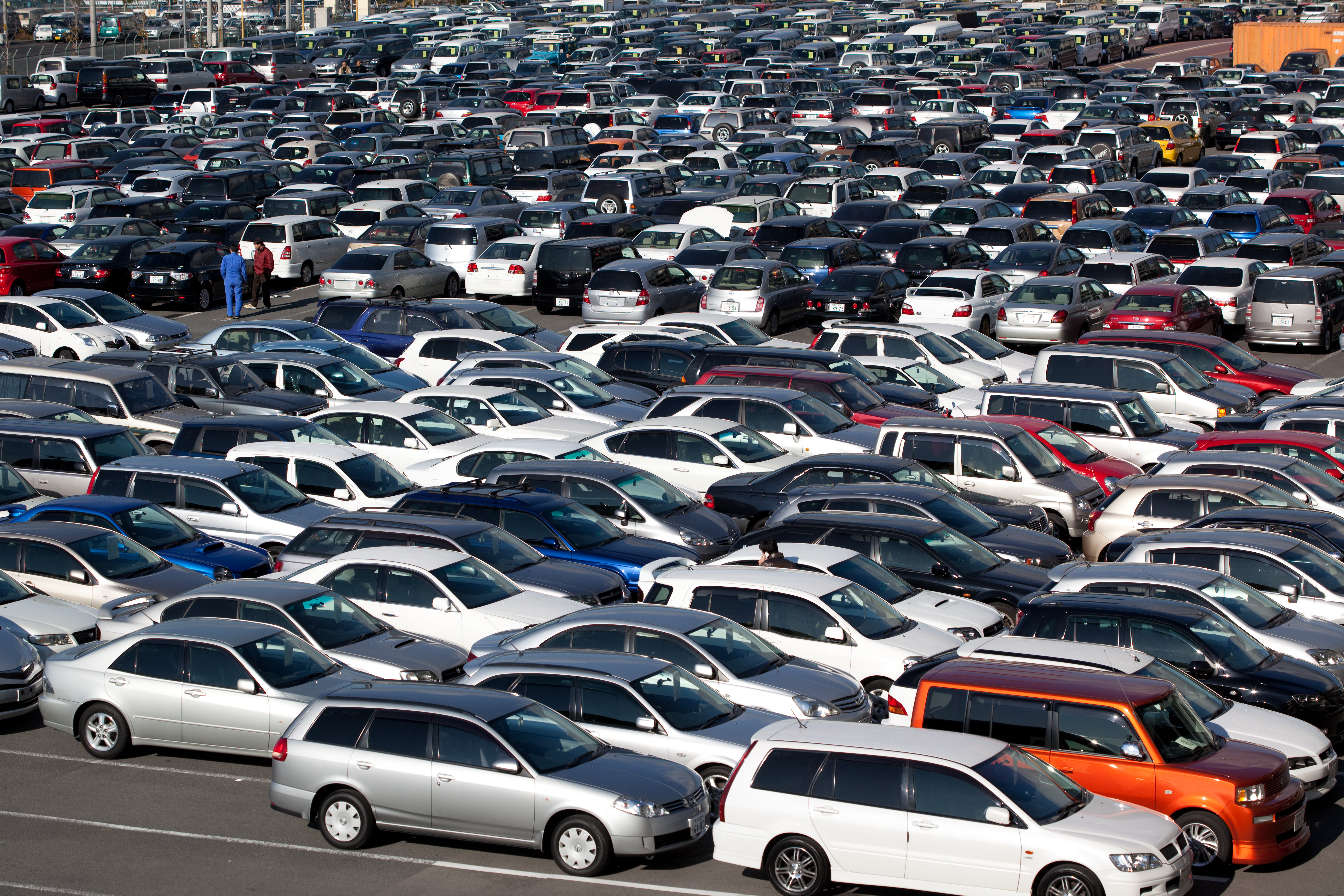
Top 8 US Salvage Car Auctions for International Buyers in 2025
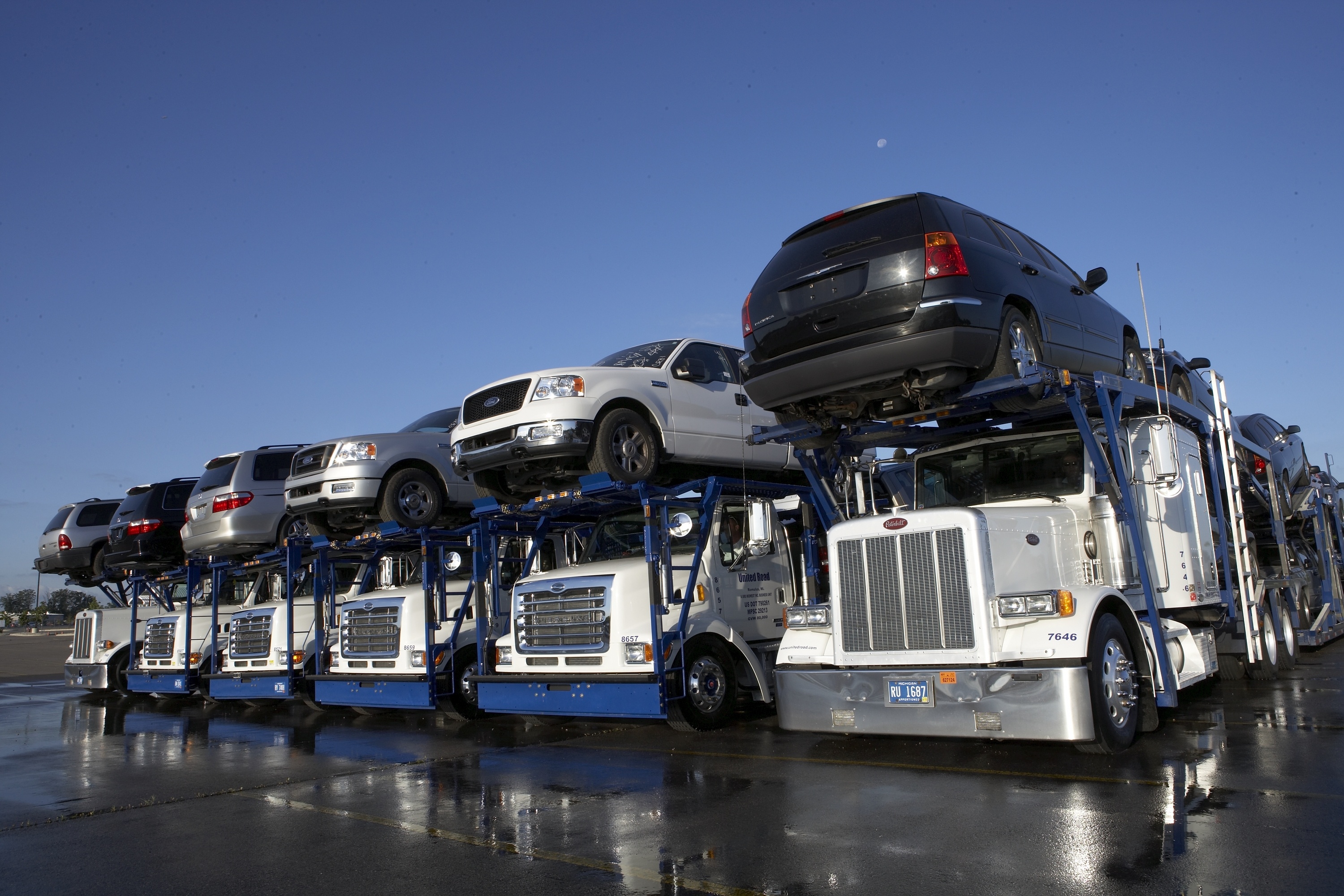
Guide to Buy & Import Salvage Cars 2025 | Auctions, Laws, Costs
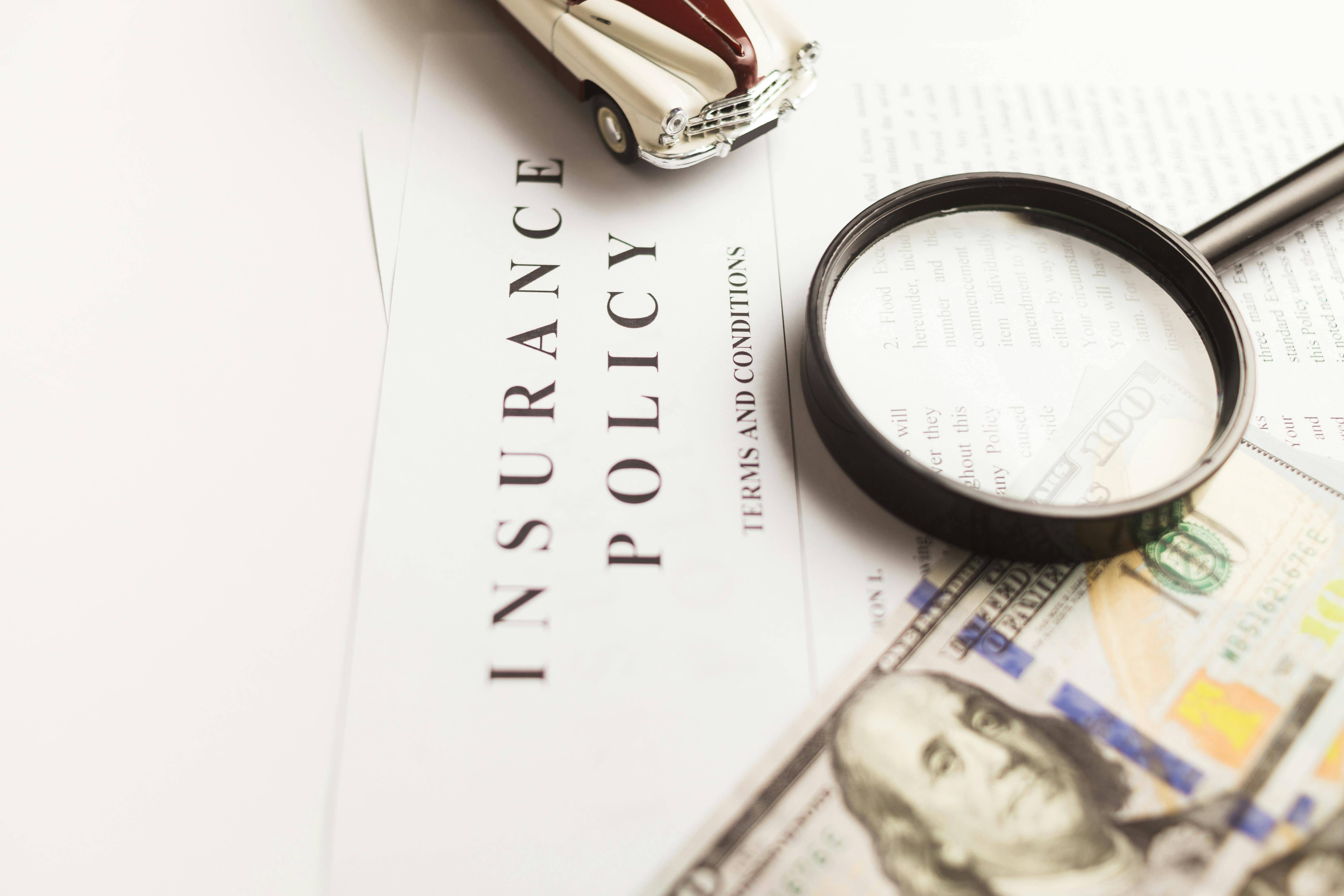
-093789-edited.png?width=220&height=79&name=wcs_final_logo_(1)-093789-edited.png)